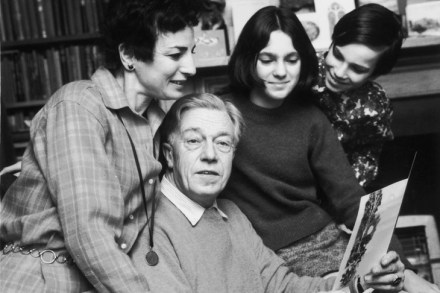Lend me your ears
Complaints about the decline and fall of political oratory are nothing new. Back in 1865 a British reporter branded the Gettysburg Address ‘dull and commonplace’ and, as this joy of a book points out, even Cicero had to put up with the Neo-Attics sniggering from behind their togas at his overwrought and outdated speaking style.





















